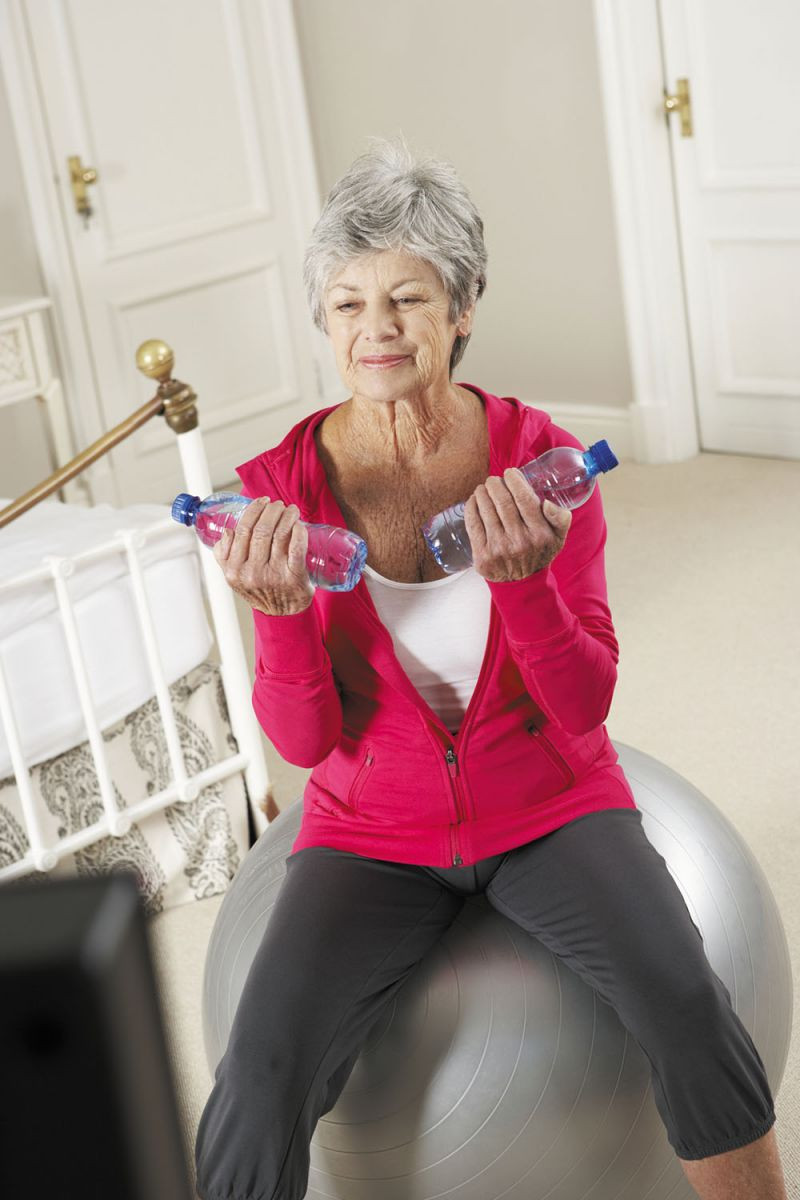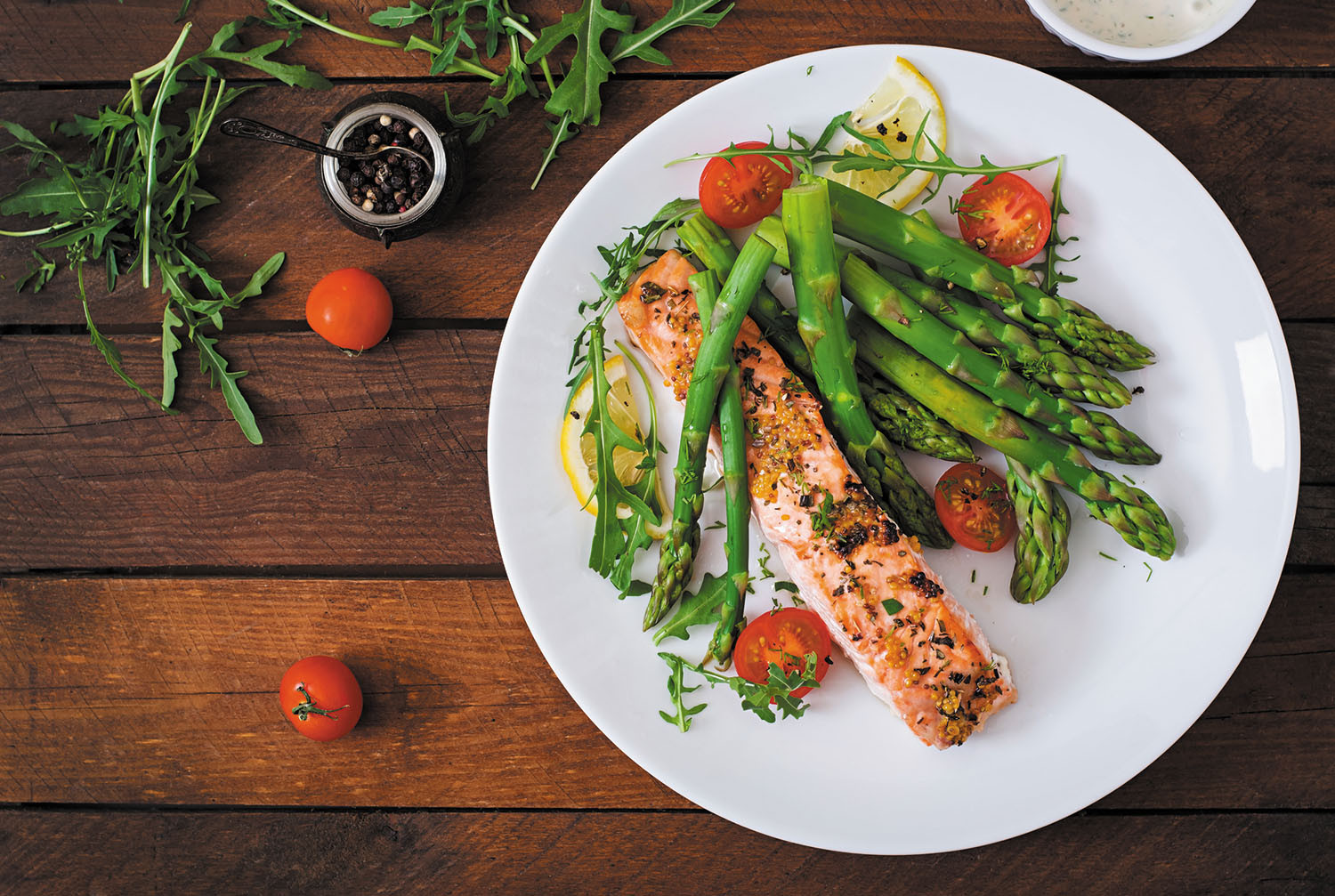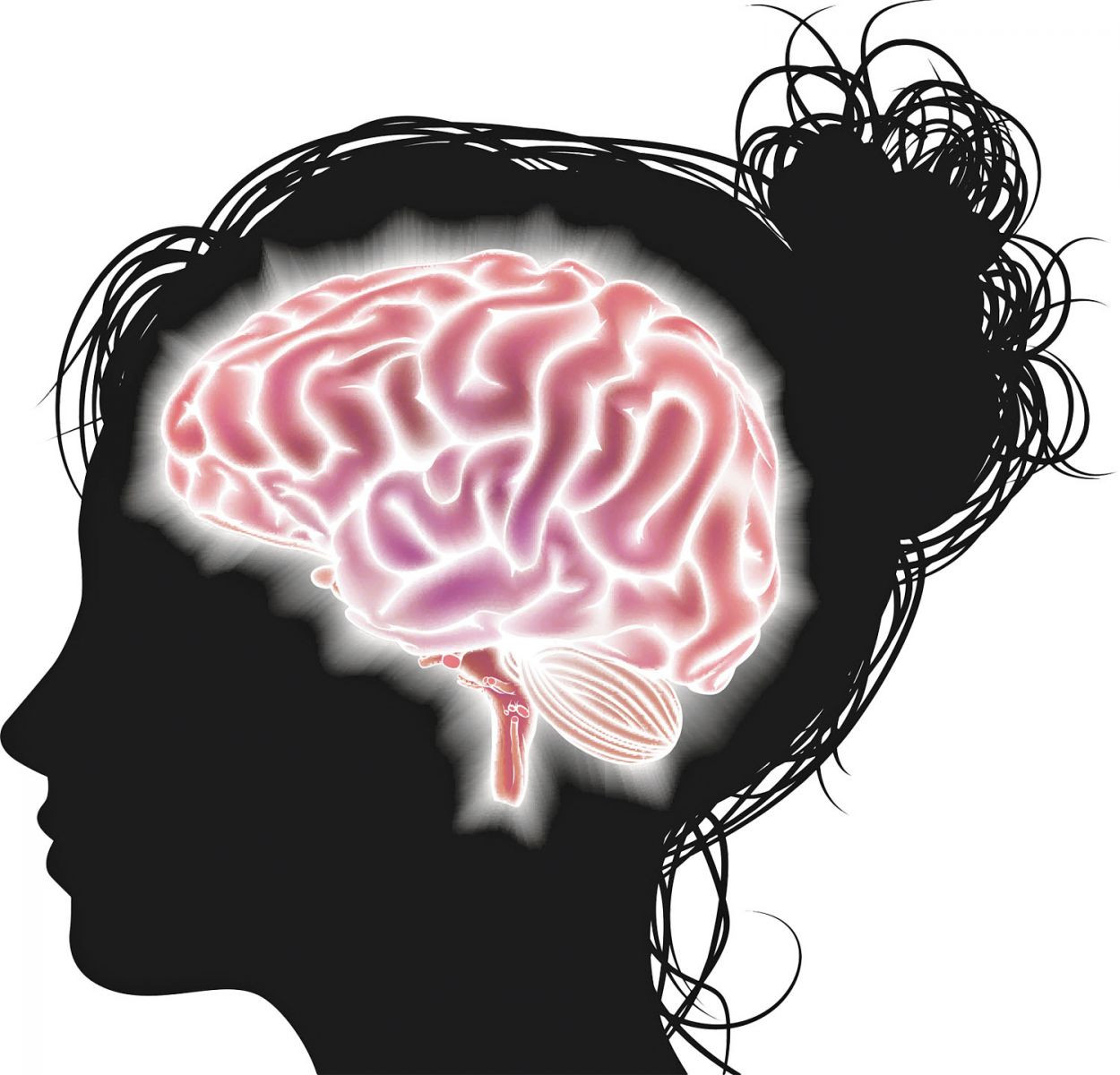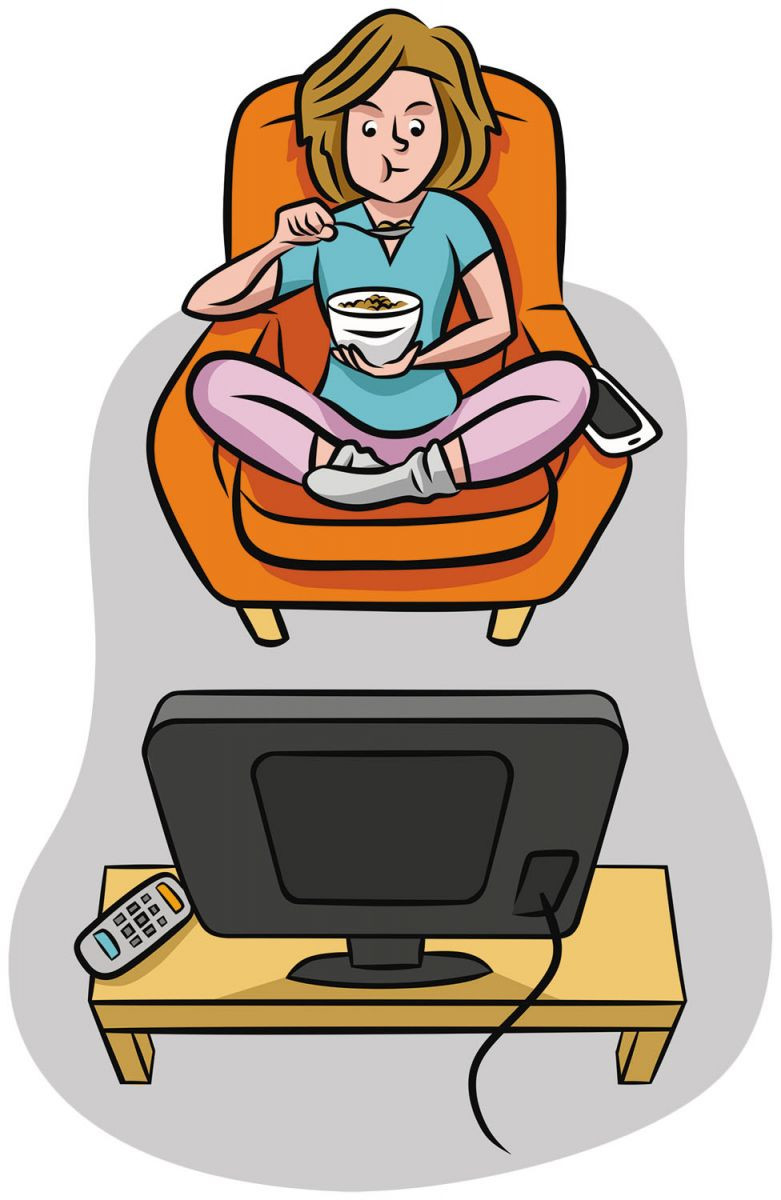
Salmonella is sneaky: Watch out

Two jobs may lower the odds of dying from Alzheimer's disease �� but why?

Mastitis: What to do when your breasts are painfully inflamed

How �� and why �� to fit more fiber and fermented food into your meals

UTI in older women: Why postmenopausal women are susceptible to urinary tract infection, and what to do about it

Can a routine vaccine prevent dementia?

Some adults may need a measles booster shot. Who should get one and why?

Less butter, more plant oils, longer life?

Healthier planet, healthier people

Counting steps is good �� is combining steps and heart rate better?
Staying Healthy Archive
Articles
Do short bursts of exercise help?
Ask the doctors
Q. I recently read that I don't need to exercise all at once during the day to get health benefits. Is this true?
A. It's true �� at least according to the newest version of the Physical Activity Guidelines for Americans published by the U.S. Department of Health and Human Services (HHS).
Fried foods linked to earlier death
Healthier options, such as baking, can offer similar taste without the health drawbacks.
Fried foods are crunchy, crispy, and tasty, but as tempting as they are, eating them too often might shave years off your life.
A study published online January 23 by The BMJ found that women who ate one or more servings of fried chicken daily were 13% more likely to die prematurely from any cause and 12% more likely to die from heart-related causes than women who didn't eat any fried food.
Chronic inflammation may put your brain at risk
Research we're watching
Not only might chronic inflammation affect your heart health, but it could also lead to cognitive decline, according to a study published in the February issue of Neurology. Researchers measured inflammation in more than 12,000 middle-aged adults, assigning each a composite score using four inflammation-related biomarkers found in the blood. They then assessed the cognitive function of the participants in three separate visits over the next 20 years. They found that after adjusting for demographic and other variables, inflammation appeared to be associated with increased cognitive decline. People in the study who had higher inflammation scores experienced 7.8% greater cognitive decline when compared with study participants who had lower scores.
Image: © ChrisGorgio/Getty Images
Even brief periods of movement can reverse the harmful effects of sitting
Research we're watching
You've probably heard that it's harmful to your health to spend too much time sitting around. But a study published January 14 in the American Journal of Epidemiology shows that it may be possible to reverse some of that harm by engaging in short periods of movement throughout the day.
Researchers recruited 8,000 people ages 45 and older and asked them to wear an activity monitor for a week. The device tracked them throughout the day to see how much they sat and how much they moved.
By the way, doctor: Does carbonated water harm bones?
ARCHIVED CONTENT: As a service to our readers, �첩���� Publishing provides access to our library of archived content. Please note the date each article was posted or last reviewed. No content on this site, regardless of date, should ever be used as a substitute for direct medical advice from your doctor or other qualified clinician.
Q. I've heard that club soda, seltzer water, and sparkling mineral waters rob the bones of calcium. Is this true?

Salmonella is sneaky: Watch out

Two jobs may lower the odds of dying from Alzheimer's disease �� but why?

Mastitis: What to do when your breasts are painfully inflamed

How �� and why �� to fit more fiber and fermented food into your meals

UTI in older women: Why postmenopausal women are susceptible to urinary tract infection, and what to do about it

Can a routine vaccine prevent dementia?

Some adults may need a measles booster shot. Who should get one and why?

Less butter, more plant oils, longer life?

Healthier planet, healthier people

Counting steps is good �� is combining steps and heart rate better?
Free Healthbeat Signup
Get the latest in health news delivered to your inbox!
Sign Up











